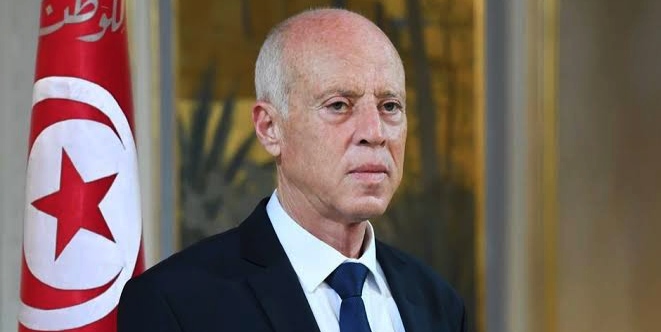By Ebi Kesiena
Tunisia’s President Kais Saied has sacked 57 judges, accusing them of corruption and protecting terrorists.
In a televised address President Saied noted that this is a move to purge the judiciary as he seeks to remake the political system after consolidating one-man rule.
According to President Saied, he had given opportunity after opportunity and warning after warning to the judiciary to purify itself before the dismissals.
Among those sacked was Youssef Bouzaker, the former head of the Supreme Judicial Council whose members Saied replaced this year as he moved to take control of the judiciary.
The President also pledged to publish the names of judges who disrupted investigations into a total of 6,268 terrorism files and perpetrated financial and moral corruption.
Another prominent judge on the list of those sacked was Bachir Akremi, whom some political activists accuse of being too close to the Islamist Ennahda party and of stopping cases against it. Ennahda and Akremi both deny that.
Last summer Saied dismissed the government and seized executive power in a move his foes called a coup before setting aside the 2014 constitution to rule by decree and dismissing the elected parliament.
He says his moves were needed to save Tunisia from crisis and his intervention initially appeared to have widespread public support after years of economic stagnation, political paralysis and corruption.
Saied, who has also replaced the independent electoral commission, has also said he will introduce a new constitution this month that he will put to a referendum next month.
However, nearly all Tunisia’s political parties have rejected the move along with the powerful UGTT labour union. With Tunisia’s economy failing, and with public finances in crisis, Saied meanwhile faces the prospect of growing popular anger over high inflation and unemployment, and declining public services.


































